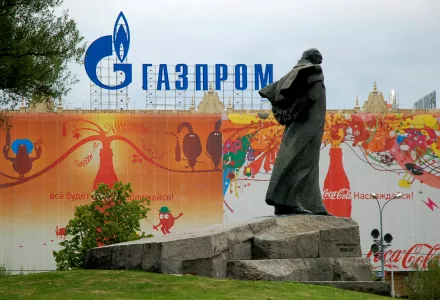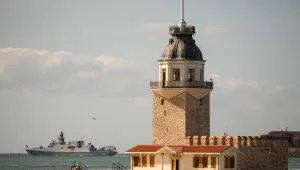
In November, 2015, a crisis had erupted between Russia and Turkey after NATO-member Turkey shot down a Russian fighter jet over the Syrian–Turkish border after it had ostensibly crossed into Turkish airspace (Financial Times, 2015). Although the sides managed to avoid further escalation of tensions, relations consequently suffered a major breakdown. Immediately after the Russian-Turkish fallout, many commentators were quick to argue that the Turkish stream pipeline was shelved for the foreseeable future (BBC News, 2015; Johnson, 2015). That seemed logical and in line with the theory, almost de rigueur, that equates authoritarianism at home and an adversarial foreign policy. Conventional skepticism is based on the premise that authoritarian regimes are destined to prefer a combative approach to international relations and, if necessary, forego rational economic interests in favor of abrasive posturing in order to satisfy the need for revamped nationalism in the domestic context. Preoccupation with maintaining tight political control at home translates, in the international arena, into an emphasis on vigorous projections of power wherever possible in an attempt to assert status. Such normatively driven theories regard authoritarianism (such as those of Russia and Turkey) as inherently incompatible with a sensible approach to international relations. In the case of the Russia-Turkey affair, I contend, this kind of reading is reductive, and ultimately, unconvincing.
The Changing Dynamics of Russian Pipeline Diplomacy in Europe
On Dec 1, 2014, Russian President Vladimir Putin abruptly announced the cancellation of the $40 billion South Stream pipeline via the Black Sea and the Balkans, for which he blamed the EU over its “unconstructive” position. That same day, Turkish BOTAŞ and Russian Gazprom signed a Memorandum of Understanding for construction of a new offshore gas pipeline named Turkish Stream, with 63 bcm/y capacity to run under the Black Sea to the Turkey–Greece border with the plan of avoiding Ukraine once the current contract on transit through the country expires in 2019. Currently, in fact, still about a quarter of European Union gas comes from Russia, and at least half of that supply flows through Ukraine (Smale, 2015).
Skalamera, Morena. “Getting Russian Gas to Europe: Old Relationships Sprout New Wings.” E-International Relations (E-IR), September 20, 2017
The full text of this publication is available via E-International Relations (E-IR).





